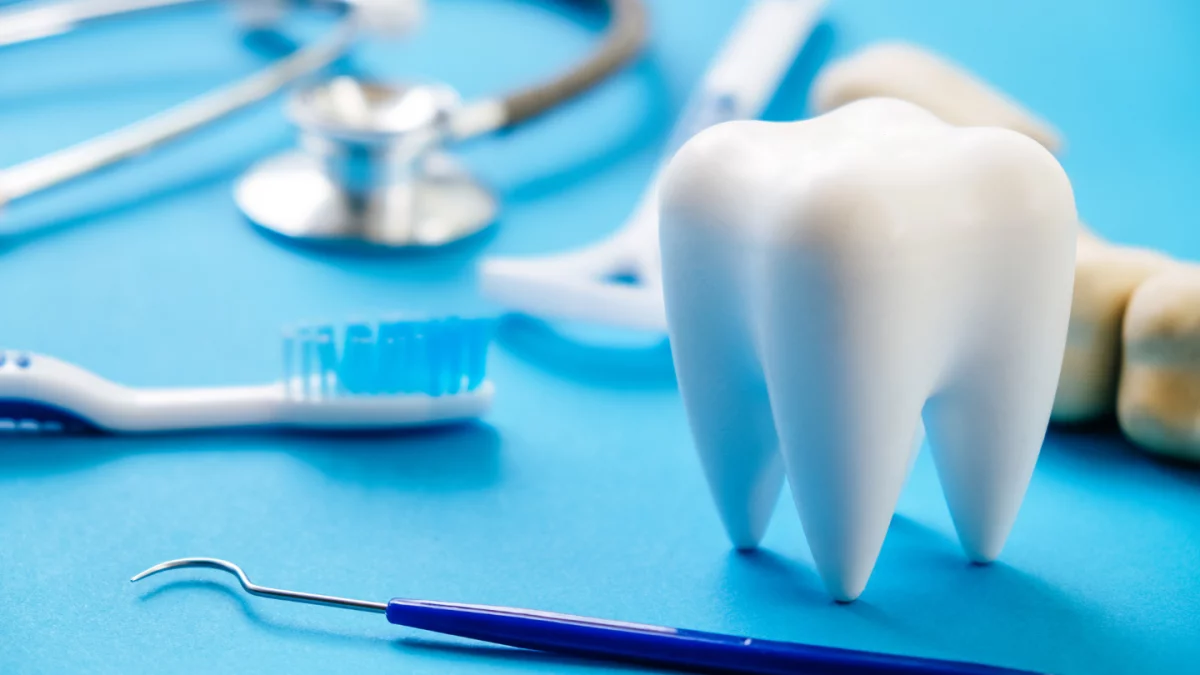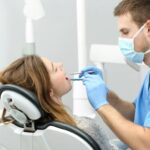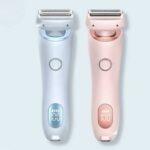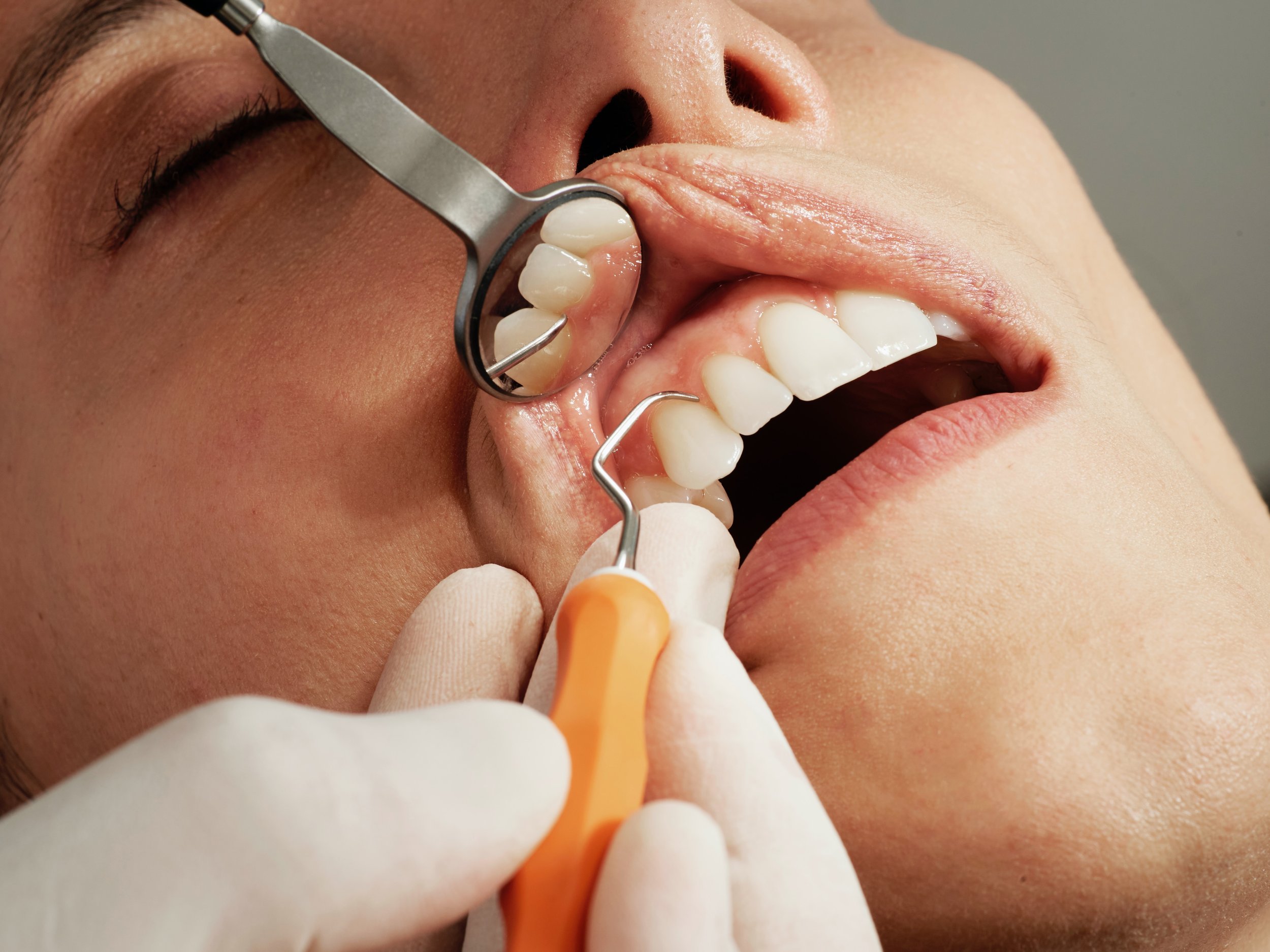Maintaining oral hygiene between dental visits is crucial for a healthy smile. While regular check-ups with your dentist in East Charlotte, NC are important, daily care can make a significant difference. The mouth is the entry point for many germs. Keeping it clean helps prevent diseases like cavities and gum infections. Good oral hygiene supports overall well-being, reducing risks for conditions like heart disease. Three simple steps can help keep your teeth and gums in top shape. Start with brushing twice a day. This removes food particles and plaque, which can cause decay. Follow up with daily flossing. It reaches areas a toothbrush might miss, preventing gum disease. Finish with a fluoride rinse to strengthen teeth and fight germs. These habits ensure your dental visits are quick and easy, leaving you with a confident smile. Remember, consistent care at home lays the foundation for lifelong oral health.
Choosing the Right Toothbrush and Toothpaste
Choosing the right toothbrush is more important than many realize. A soft-bristled brush is gentle on the gums and effective in cleaning the teeth. Electric toothbrushes can offer a more thorough cleaning with less effort. When selecting toothpaste, look for fluoride. It helps strengthen enamel and fight tooth decay. The Centers for Disease Control and Prevention (CDC) advises using fluoride toothpaste to prevent cavities and maintain oral health.
The Role of Diet in Oral Hygiene
Diet plays a significant role in oral health. Consuming a balanced diet with limited sugar reduces the risk of cavities. Foods high in calcium, like milk and cheese, strengthen teeth. Crunchy fruits and vegetables, such as apples and carrots, naturally clean teeth and stimulate gums. Drinking water instead of sugary drinks helps wash away food particles and reduces acid in the mouth. The Dietary Guidelines for Americans recommend limiting added sugars to less than 10% of daily calories to support overall health, including oral health.

Understanding the Importance of Regular Flossing
Flossing is essential for removing plaque and debris between teeth where a toothbrush cannot reach. It helps prevent gum disease and cavities. Flossing once a day is usually sufficient. Use about 18 inches of floss, winding most around your fingers, and gently slide it between your teeth. Curve the floss into a C-shape against one tooth and clean the surface. Repeat for each tooth to ensure a comprehensive clean.
Using Mouthwash as an Additional Step
Mouthwash serves as an effective adjunct to brushing and flossing. An antimicrobial mouthwash reduces bacteria and freshens breath. A fluoride mouthwash strengthens enamel, providing additional protection against decay. While mouthwash is not a substitute for brushing or flossing, it adds an extra layer of protection, especially after meals when brushing is not possible.
Tracking Oral Hygiene Habits
Staying consistent with oral hygiene habits can be challenging. A simple tracking chart can help keep you on track:
| Habit | Morning | Evening |
|---|---|---|
| Brushing Teeth | ✓ | ✓ |
| Flossing | ✓ | |
| Mouthwash | ✓ |
Regular Dental Check-Ups
While daily habits play a crucial role, regular dental check-ups are essential. Dentists can identify issues before they become significant problems. They can also offer personalized advice to improve your oral care routine. Aim to visit your dentist every six months. If you experience pain or discomfort, make an appointment sooner to address any concerns promptly.
By adopting these practices, you can maintain excellent oral hygiene between dental visits, ensuring your smile stays healthy and bright.











